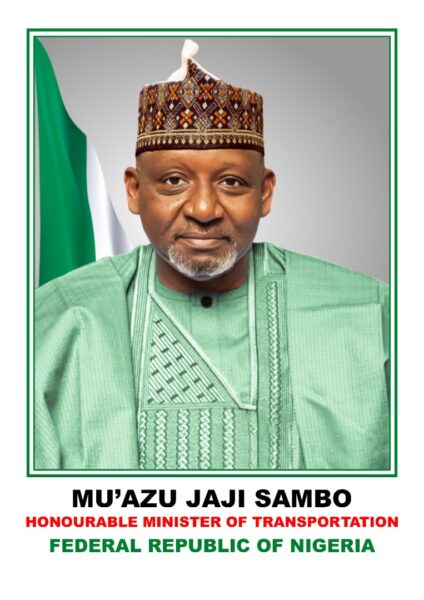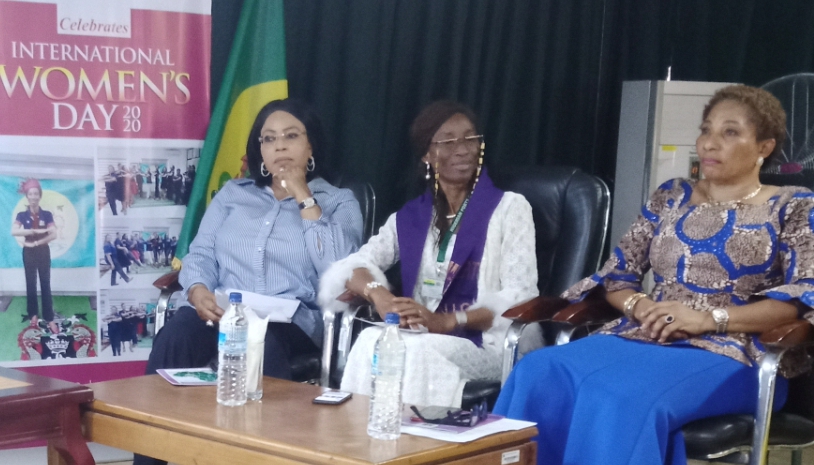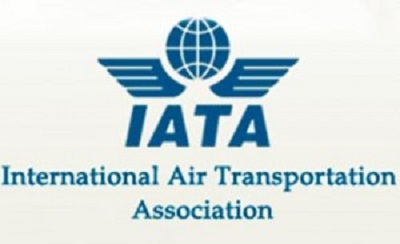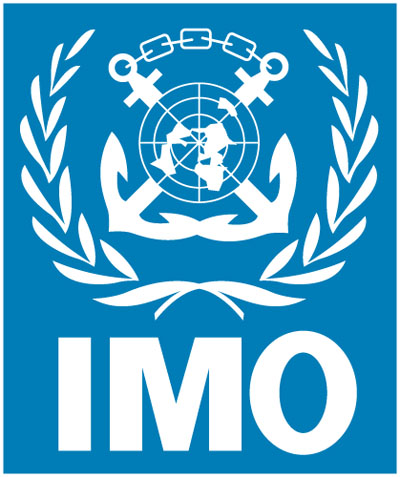Operators Seek Revival Of National Shipping Line As Nation Loses $45b In Five Years
 Stakeholders in shipping operations have called for the revival of national shipping to harness the benefits thereof.
Stakeholders in shipping operations have called for the revival of national shipping to harness the benefits thereof.
The experts, who spoke in Lagos at the public presentation of the book by Dr. Edmund Chilaka entitled: “The Rise, Fall and Liquidation of Africa’s Pioneer Carriers: Nigerian National Shipping Line (NNSL) and Black Star Line, noted that Nigeria has lost over $45 billion as freight charges to foreign ship owners in five years.
Leading the call, the Executive Secretary/CEO of the Nigerian Shippers’ Council, Hassan Bello, said that it is quite embarrassing that a coastal nation like Nigeria with abundant natural resources conceded the transportation of its export and import cargoes to foreign carriers thereby denying the country the huge economic gains derived from the maritime business.
Bello, who was represented by Deputy Director Consumer Affairs Department, Akujubi Celestine, lamented that huge money was paid as freight for dry and wet cargo to foreign ship owners by Nigerians between 2015 and 2019 alone, which is an average of more than $8 billion annual losses.
“According to the Nigerian Ports Authority (NPA) statistics, between 2015 and 2019, a total of 26, 147 vessels berthed at the Nigerian ports with a dry cargo throughput of 372,000,000 metric tonnes and total wet cargo throughput of 613,000,000 metric tonnes.
He stressed that there were myriad challenges that have hampered the development of the Nigerian fleet over the years thereby, giving opportunities for foreign vessels to dominate the local shipping trade.
These challenges, he said, include, but are not limited to the following, ship registration issues, absence of incentives for the maritime industry, human capacity issues and absence of institutional framework.
On his part, the chairman of the occasion and a retired Merchant Navy Captain, Capt. Emmanuel Iheanacho said the book provides specific knowledge for the prospecting investors to learn from the mistakes of defunct NNSL.
Iheanacho, who is also the chairman of Genesis Worldwide, said that people who want to venture into the business again have the chance to survive.
According to him, the book has come in handy for the prospective investors but they should first determine the size of the chain, the state of technology and the kind of engine they want because shipping is not a stand-alone business but a derived business.
Also, the book reviewer, Prof David Aworawo, noted that corruption, employment of incompetent officials, indiscipline and incessant strikes are reasons the former national fleet did not survive.
He called for a shipping fleet owned by Nigerians, rather than a national fleet controlled by the government because of the experiences of the past while the government provided a regulatory framework for private players to forge ahead.
“Government should not be totally out of business but should ensure the survival of businesses,” he added.







